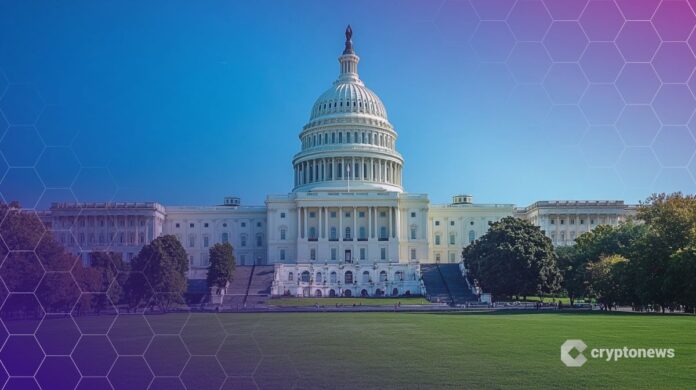DeFi Education Fund Urges US Senate to Rethink Regulation Approach
The DeFi Education Fund (DEF), a prominent policy advocacy group backed by an early Uniswap grant, has submitted a formal response to the US Senate Banking Committee, calling for a more measured approach to DeFi regulation. The move comes as the Senate seeks to strike a balance between market growth and financial oversight, with the draft Responsible Financial Innovation Act of 2025 (RFIA) currently under review.
Key Concerns and Recommendations
The DEF’s response highlights several key concerns, including the need to distinguish between DeFi developers and intermediaries in regulation. The group warns that current rules risk criminalizing non-custodial software, which could have far-reaching consequences for the industry. To address this, the DEF recommends a framework that sets clear guidelines for DeFi regulation, including the definition of decentralization criteria and technology-neutral rulemaking.
The coalition, which includes top crypto firms such as a16z Crypto, Jito Labs, and Uniswap Foundation, also emphasizes the importance of federal preemption to prevent state-level attacks on DeFi innovation. Without preemption, the group argues that well-funded traditional financial players could exploit state-level loopholes to target DeFi developers and suppress emerging competition.
The Case of Tornado Cash Developer Roman Storm
One of the more pressing issues raised in the letter involves the ongoing federal case against Tornado Cash developer Roman Storm. The DEF criticizes current FinCEN guidance used in the prosecution, warning that treating non-custodial software code as a financial service sets a dangerous precedent. The group urges legislative clarification to ensure that software that does not take custody or control is not regulated as an intermediary.
Andreessen Horowitz Weighs In on Draft Crypto Bill
Meanwhile, Andreessen Horowitz (a16z) has also voiced its concerns about the draft crypto regulation bill, warning that the current proposal could open legal loopholes and weaken investor protections. The firm argues that the framework as written poses legal and structural risks, particularly around the treatment of “ancillary assets.” a16z recommends revising the bill to codify a control-based decentralization model, which would assess whether any party retains unilateral control over a blockchain system.
The debate surrounding DeFi regulation is likely to continue, with various stakeholders weighing in on the best approach to balance innovation and oversight. As the US Senate Banking Committee considers the RFIA, it remains to be seen whether the DEF’s recommendations will be taken into account, and how the final regulation will shape the future of the DeFi industry.

